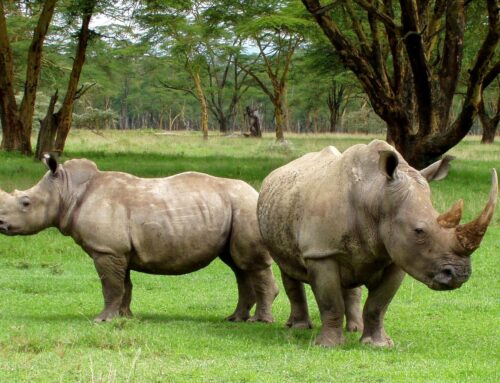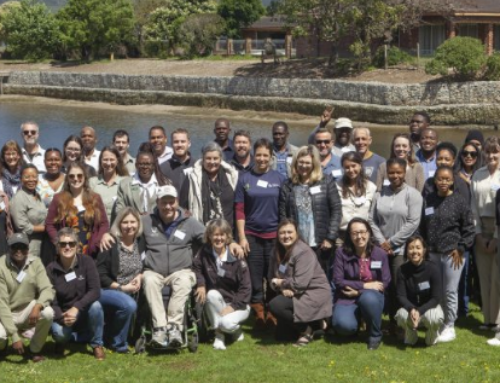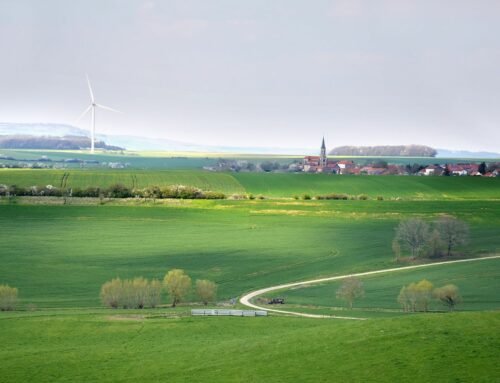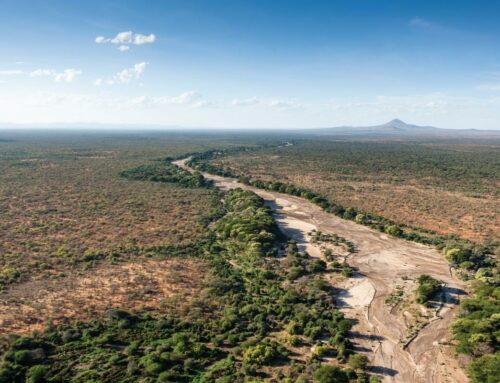Massively Open Online Courses, or MOOCs, are becoming an increasingly popular way for students to enhance their learning experience. Whether you do them just for fun, or for university credits, the online format allows flexibility and independence on the part of the student: Too much other stuff going on today? That’s fine, catch up with lectures tomorrow. Didn’t understand that last section? Also fine, just re-do it at your leisure and ask questions in the online forum! Want to delve deeper into the subject matter? Great! Use the online course materials that have been made available to you (often for free when they usually cost a lot of money!) to read and engage even more…
Here is a small selection of (free) online courses that SAPECS students have found helpful:
This MOOC is led by Melanie Mitchell and is offered through the Complexity Explorer platform developed by the Santa Fe Institute. It is designed to teach students about the various tools available to scientists to study and understand complex systems. Some of the topics covered include: dynamics, chaos, fractals, information theory, self-organization, agent-based modeling, and networks. The course will be run again in the (northern hemisphere) summer of 2015.
2) Planetary Boundaries and Human Opportunities
This MOOC was developed by the Stockholm Resilience Centre and is led by Lisa Deutsch and Johan Rockström. It is offered through the Sustainable Development Solutions Network, and runs over 12 weeks. The course focuses on a range of emerging concepts within sustainability science, including the Anthropocene, planetary boundaries, the social-ecological systems approach and resilience thinking.
3) The Age of Sustainable Development
This MOOC’s instructor is Jeffrey Sachs from Columbia University, and it is also offered through the education component of the Sustainable Development Solutions Network. It gives students an understanding of the key challenges and pathways to sustainable development – that is, economic development that is also socially inclusive and environmentally sustainable. The course runs over 14 weeks.
These online courses are usually offered once a year, and require little to no previous experience with the subject matter. The amount of work put in depends on the student, but the minimum ranges from about 3 – 7 hours a week.
For an overview of even more courses, on a wide range of subjects from Rock’n Roll to Rocket Science, visit the Coursera website!












